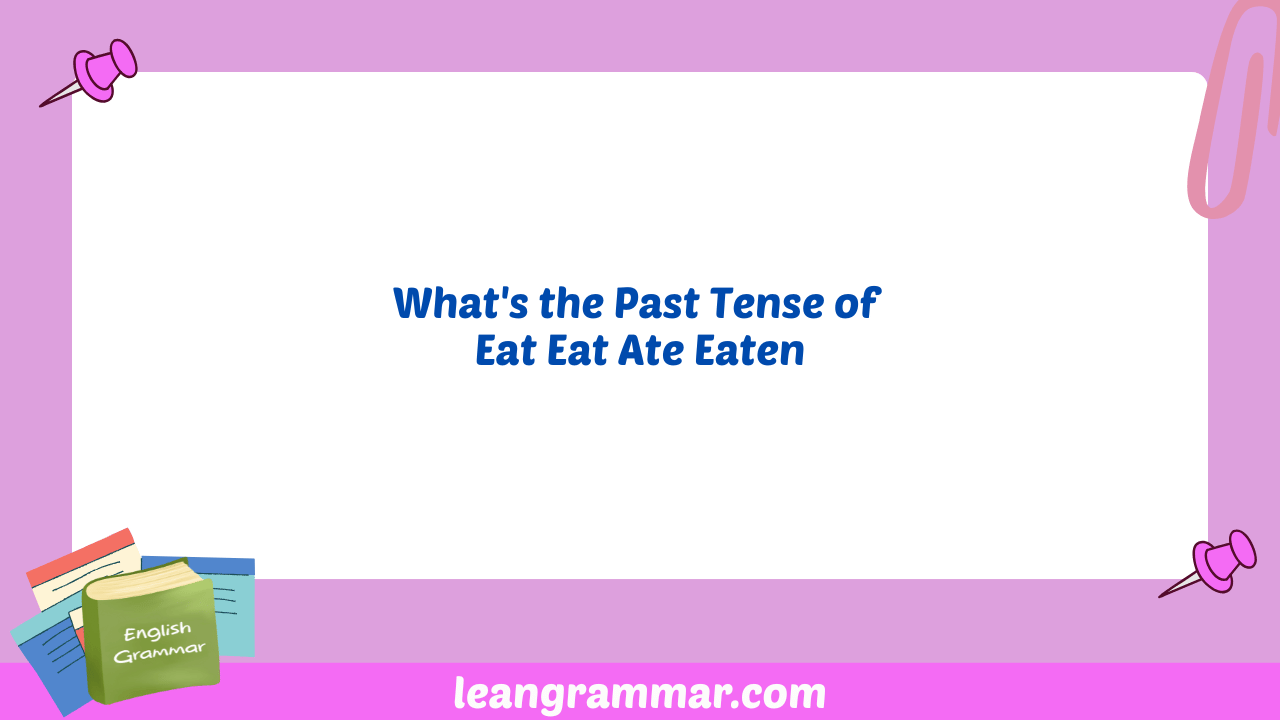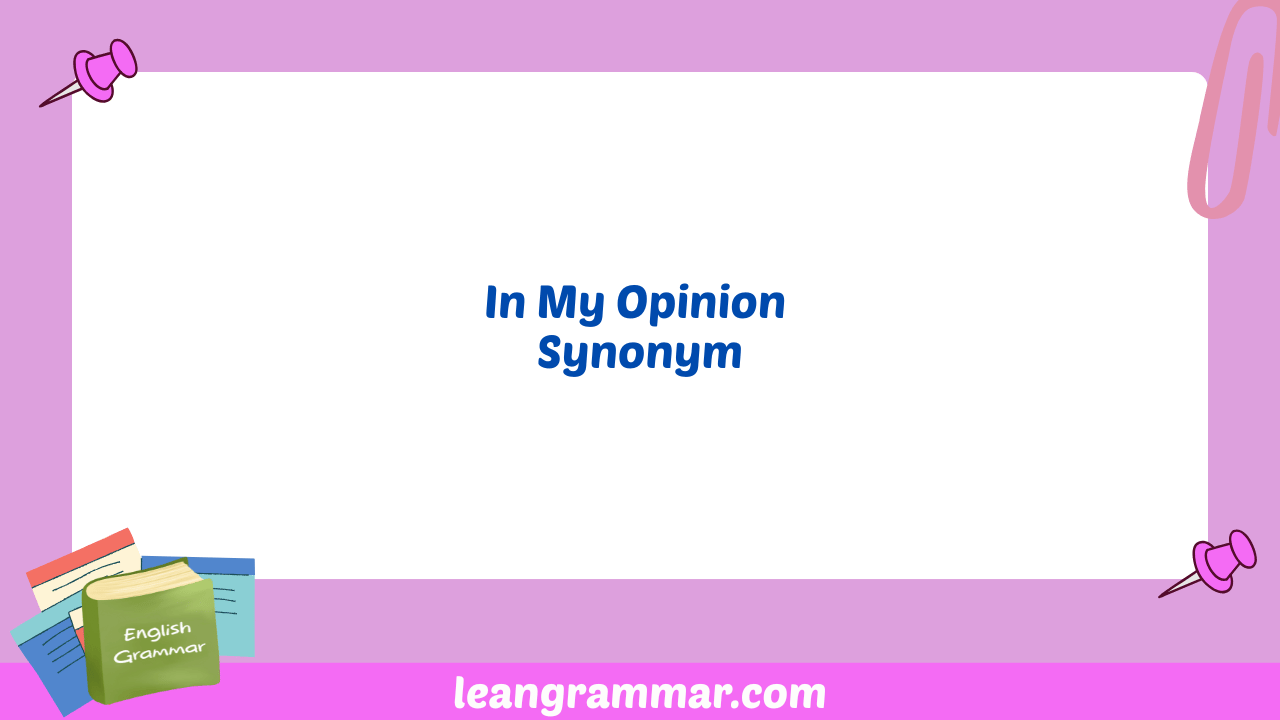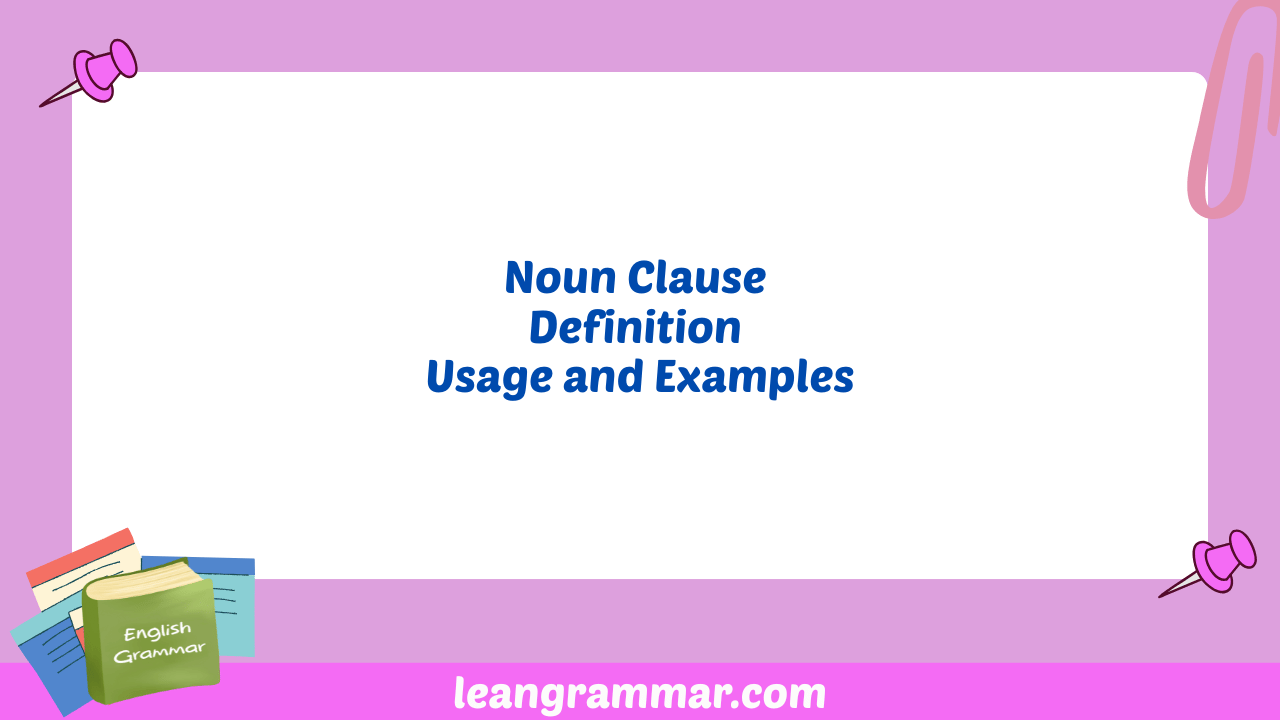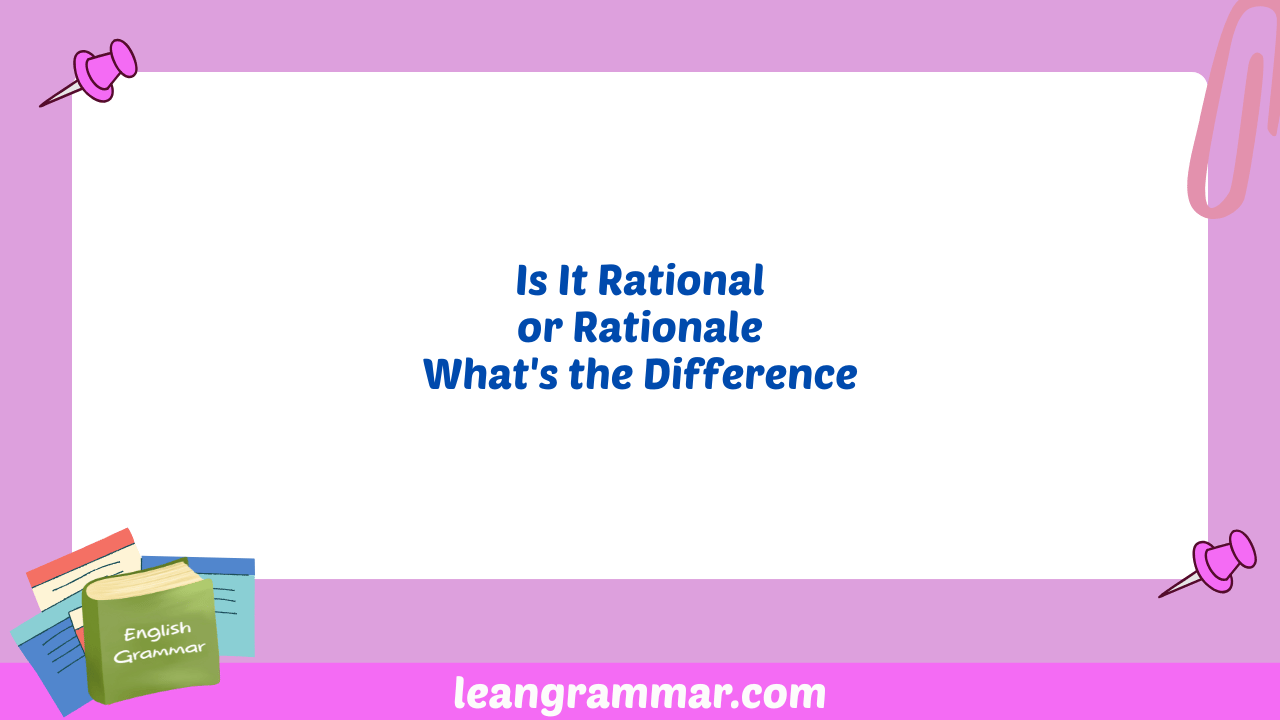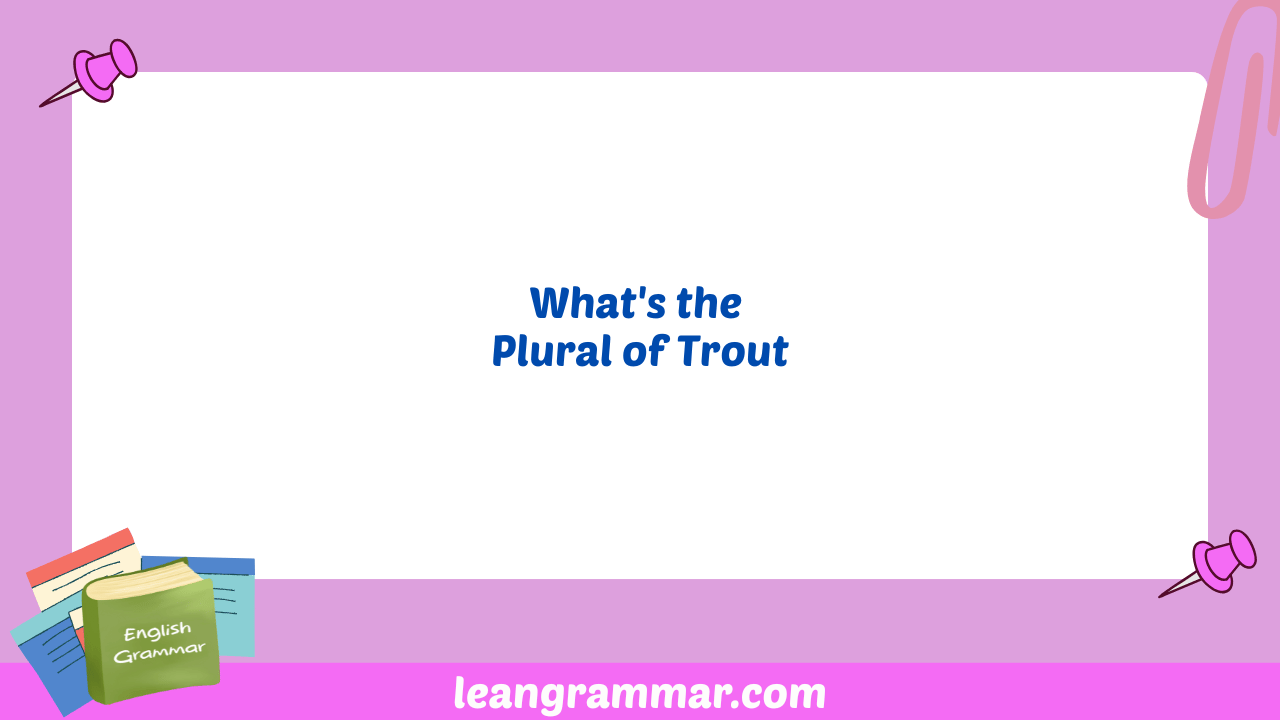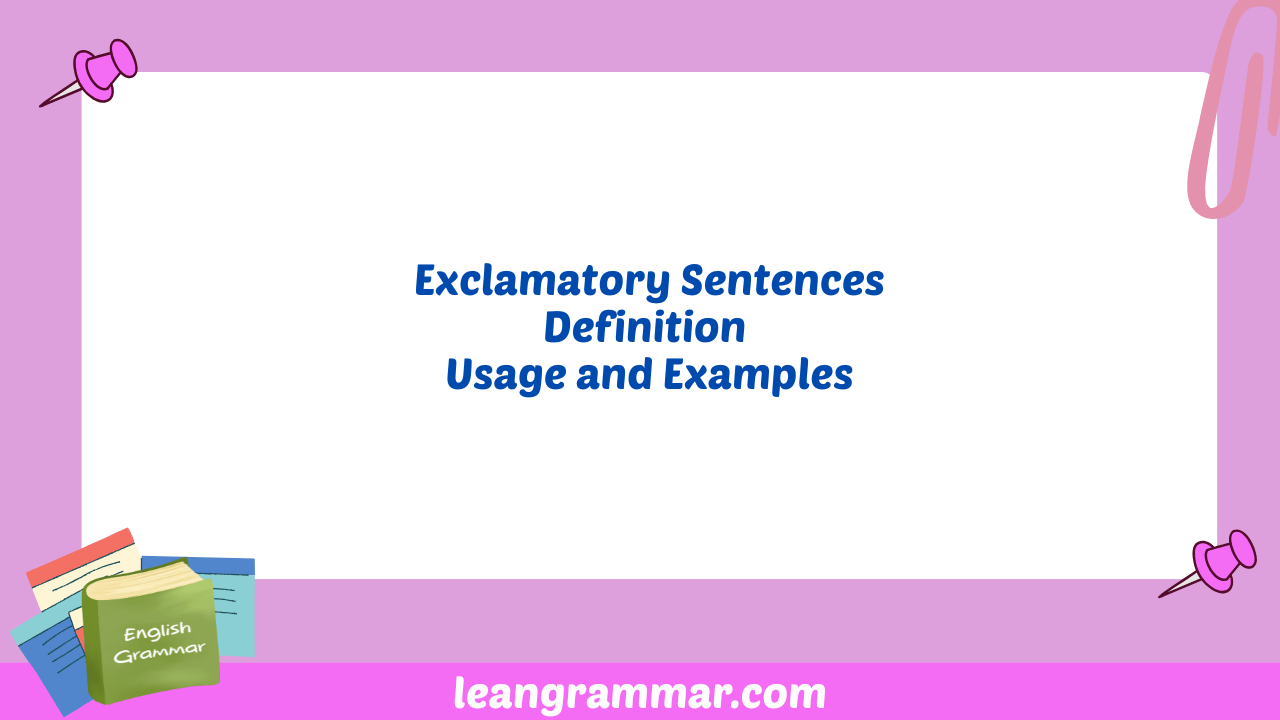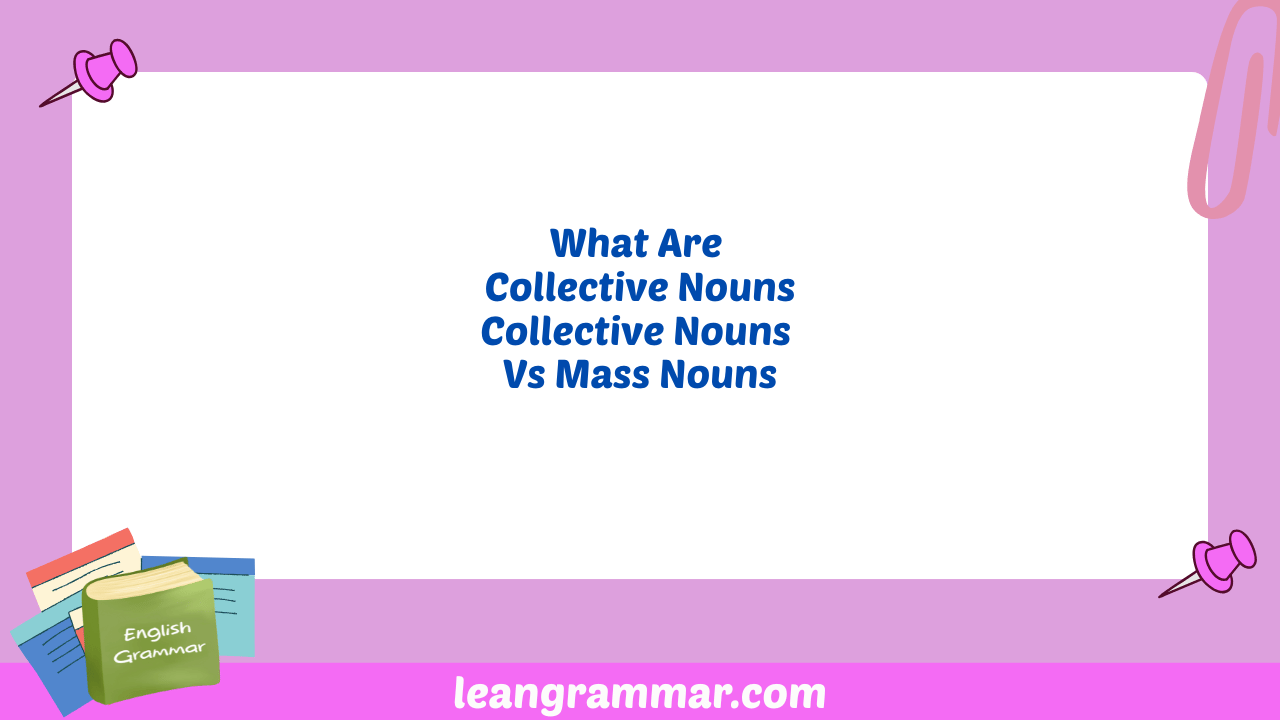Eat, Ate, Eaten: Mastering the Past Tense of “Eat”
Understanding the different forms of the verb “eat” is crucial for constructing grammatically correct sentences in English. The verb “eat” is an irregular verb, meaning its past tense and past participle forms do not follow the standard -ed ending rule. This article provides a comprehensive guide to mastering the past tense forms of “eat” – … Read more
